Hormonal imbalance causes a bevy of physiological and health issues. CBD may aid in this by interacting with the endocannabinoid system which helps the body achieve homeostasis. Recent studies have found that CBD oil can help manage specific hormones.
While the stereotypes of calling teenagers “hormonal” may ring true, it’s important to remember that everyone is affected by hormones at every stage of their life.
However, if our body’s suite of hormones falls out of balance, it can cause plenty of physiological and health issues. With CBD’s rise as a supplement and its apparent efficacy in treating things like chronic pain, anxiety, and epilepsy, does using CBD oil for hormonal imbalance make scientific sense?
Hormones are produced by the endocrine system, which contains organs like the pancreas, pineal gland, and thyroid. These hormones serve as chemical communicators throughout the body. When you’re feeling stressed, hungry, angry, or dislike having a good time with your partner, it may be because of, or be the result of, hormones.
CBD oil’s interaction with hormones is due to how their two respective systems, the endocannabinoid system, or ECS, and the endocrine system, interact with each other. The ECS helps regulate the body to achieve homeostasis, or an internal balance, so it plays a role in managing how the endocrine system works.
Recent studies have found that CBD oil can help manage specific hormones. For instance, a study on the CBD oil effect on cortisol found that CBD lowered the amount of the stress hormone in the bloodstream. Another study found that the CBD oil effect on insulin led to a lower incidence rate of diabetes among rats. Finally, when looking at the relationship between CBD oil and melatonin, a hormone that promotes a healthy sleep cycle, it appears that CBD may help the body produce more of the sleep hormone. If you’re dealing with a hormonal imbalance, it can be difficult to know who to turn to. Make sure to reach out and discuss the issue with your doctor, including the possibility of CBD as a treatment. They can walk you through the best options and work with you to ensure your short- and long-term needs are met.
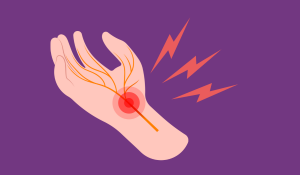
1. Understanding Neuropathic Pain Neuropathic pain results from nerve damage or dysfunction, causing symptoms like burning, tingling, or sharp shooting pains. Common Causes: Symptoms Include:...
Read More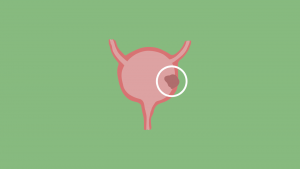
Types of Bladder Diseases Bladder disease, from simple urinary tract infections to interstitial cystitis to bladder cancer, generally affects women more often than men. Women...
Read More
What Causes Libido Pain? Though low libido can occur for any number of personal and physical reasons, it is most often the result of one...
Read More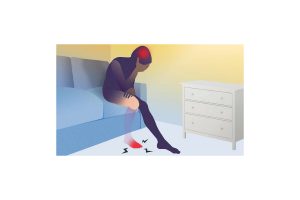
Cannabidiol, commonly known as CBD, is a chemical found in the cannabis plant and has been recognized as a natural pain management option for people...
Read More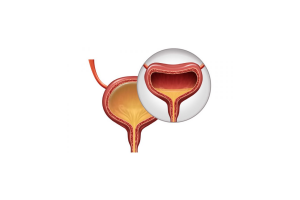
What Causes Bladder Disease? Of the types of bladder diseases out there, cystitis is the one that affects millions of people at least once. This...
Read More
CBD Oil Benefits CBD oil may help reduce heart rate and blood pressure, which are two common health complaints associated with heart function. If you’re...
Read More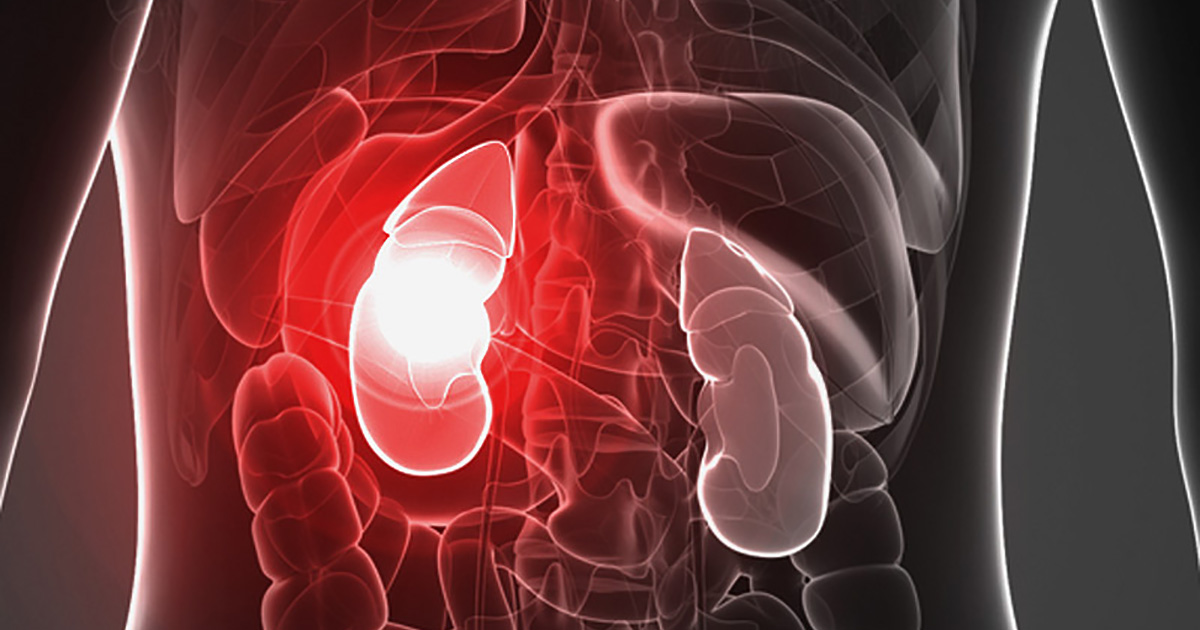
What Causes Kidney Failure? Several health conditions can lead to chronic kidney disease and, eventually, failure. These conditions damage the kidneys, reducing their ability to...
Read More
How Is CBD Different from Other Stomach Pain Conditions? You may remember having stomachaches as a child. These pains can be caused by indigestion, a...
Read More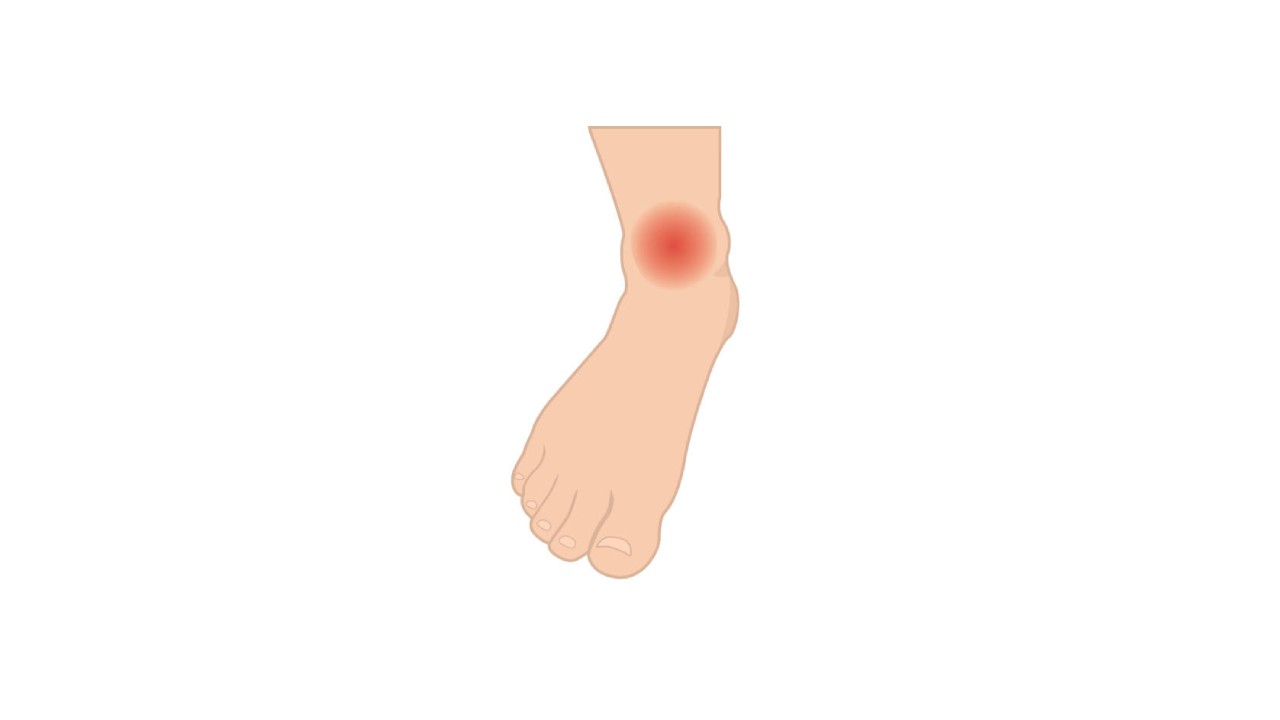
Arthritis can come in many forms and affect many joints, but the ankle joint is a prime target for conditions like rheumatoid arthritis. RA, specifically,...
Read More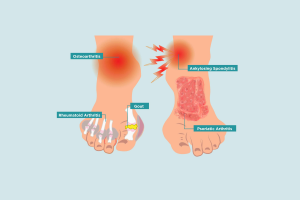
What Causes Different Types of Foot Pain? Human feet are incredibly intricate: Each foot contains 26 bones that are connected by a web of muscles,...
Read More